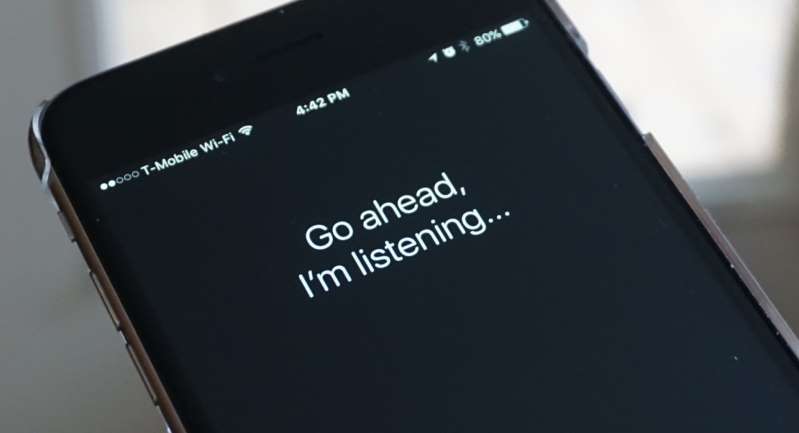Many Hosted VoIP Phone Systems integrate SIP Trunking, to enable multimedia communications from one end point to another. Microsoft Skype for Business is an example of a SIP application that provides voice, video and chat (instant messaging) functionality, within the same application interface, which is known as Unified Communications.
When SIP Trunking is a part of your VoIP Phone System infrastructure, there are several SIP related security risks that your business must contend with, and proper countermeasures must be taken to ensure the safety of your enterprise voice data, as it travels over the Internet.
SIP Security Management
SIP Security must be implemented at multiple points, to protect your business against the various types of security risks that can occur with SIP applications. The primary security risks for SIP are: eavesdropping and interception, call tampering, replay attacks and Denial-of-Service (DoS) attacks.
When SIP Security has been compromised, an attacker can use your company’s VoIP network to make unauthorized calls. Even worse, they can hear private conversations and steal personal information. Voice communications can also be stolen, manipulated and maliciously used.For example, an original caller can be impersonated, by replaying their voice to an unsuspecting party.
A SIP attack can also bring down a targeted IP phone extension or an entire VoIP network. These risks have the capacity to inflict serious, if not catastrophic damage your business. Likewise, you need to understand the different SIP Security measures that are available, so you can determine which SIP Trunking Providers are best equipped to minimize your company’s risk.
Here’s a roundup of the security features and options that quality SIP Trunking Providers commonly offer, to help keep your company’s VoIP communications secure.
- Network Border Controller
Defending your IP voice network from outside intrusions begins at the perimeter, with a network border controller. This networking component delivers a number of important features for your IP voice network, including policy-based control capabilities for VoIP sessions, IP signaling options (SIP, H323, SIP-I), QoS (Quality of Service) and bandwidth management of media streams, such as audio codec transcoding and FAX support. A high quality network border controller can keep legitimate VoIP calls active, with strong QoS (Quality of Service) performance, even in the middle of a IP voice network attack.
- SIP Encryption
When someone talks on your VoIP phone system using SIP, call data packets must travel over your IP network from one end point to another, and are vulnerable to interception and eavesdropping by people inside of your corporate network, in addition to cybercriminals and hackers on the Internet. VoIP encryption is very important and your SIP Trunking Provider should implement SIP Encryption methods like SIP TLS and SRTP, to protect your company’s calls from individuals and groups with malicious intent.
- VoIP-over-VPN Security
Another technique that businesses use to secure data when using a SIP Trunk Provider, is VoIP-over-VPN. This security method uses virtual private networking to secure calls, sending call data through a private tunnel on the Internet, which uses authentication and encryption methods, to keep your IP voice network safe from intrusion.
Authentication is a two-step process, which starts with the entry of the correct user name and password. Second, the device that’s being used to gain access to your VoIP system must also be authenticated as a trusted device on your network. Encryption is implemented using AES (Advanced Encryption Standard) or DES (Data Encryption Standard), scrambling the signaling and streaming components of VoIP calls.
- VoIP-over-MPLS Security
Companies are increasingly relying on MPLS to keep the data on their networks secure. VoIP-over-MPLS Security uses a complete private network to protect call data from unauthorized access and outside manipulation. As an added benefit, because MPLS is a private networking technology, QoS (Quality of Service) for calls is virtually guaranteed.
- SIP Call Restrictions
Many hackers are on the hunt for SIP accounts that can be used to call International locations, due to the expense that’s involved when these types of calls are placed through a traditional long distance or mobile phone provider. Likewise, your SIP administrator should block outbound calls on your IP-PBX for countries that your business never calls, to reduce the incidence of toll fraud. Your SIP Trunking Provider’s platform should also allow you to block 900 numbers, 976 numbers, domestic long distance calls, operator assisted calls and directory assistance calls, at the enterprise and individual user level, for maximum control.
A proactive approach is needed, to keep your voice calls and company data secure when using your VoIP Trunk Provider’s services. Contact a BroadConnect VoIP consultant today to learn more about the benefits of SIP and how to protect your company’s data when using SIP Trunking.

















